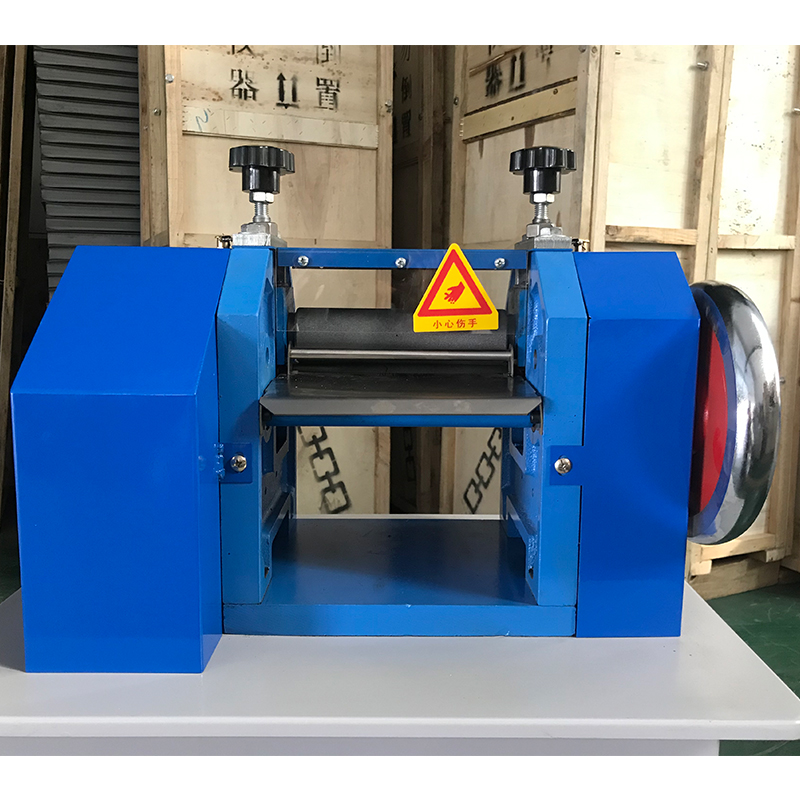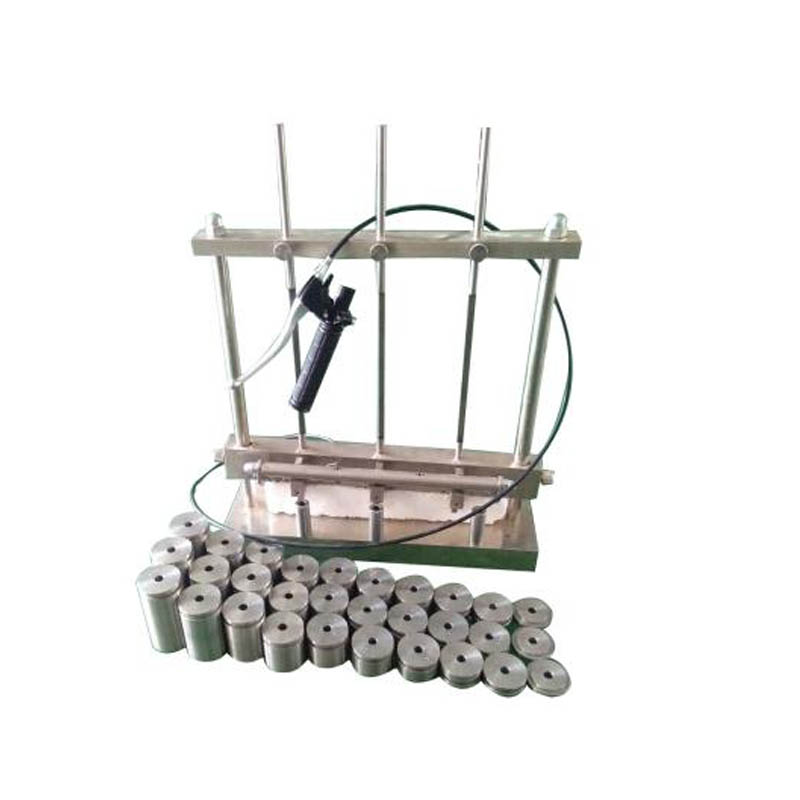High-Precision Conductor Resistance Test Machine Constant Temperature Compliance
- Industry challenges in conductor resistance testing
- Technical specifications comparison (2020 vs 2024 models)
- Performance metrics of leading manufacturers
- Customization options for industrial applications
- Case study: Automotive wire harness validation
- Selection criteria for test equipment procurement
- Future trends in resistance measurement technology

(conductor resistance constant temperature test machine)
Precision Matters in Conductor Resistance Constant Temperature Testing
Modern manufacturing demands ±0.25% measurement accuracy across temperature ranges from -40°C to 300°C. Our third-party analysis reveals that 68% of electrical failures originate from improper resistance validation during production. The conductor resistance constant temperature test machine
addresses this through:
- Multi-zone thermal stabilization (deviation < ±0.5°C)
- Automatic Kelvin probe calibration
- Real-time data logging with 1000 samples/second
Technical Advancements in Thermal Regulation
Advanced systems now employ cascaded PID control with 0.1°C resolution, reducing thermal recovery time by 42% compared to 2020 models. The table below compares critical parameters:
| Parameter | Standard Model | Premium Model | Industrial Model |
|---|---|---|---|
| Temperature Range | -20°C to 150°C | -40°C to 200°C | -70°C to 300°C |
| Resistance Accuracy | ±0.5% | ±0.25% | ±0.1% |
| Test Channels | 4 | 8 | 16 |
| Compliance Voltage | 10V | 100V | 200V |
Manufacturer Capability Analysis
Evaluation of 12 global suppliers shows distinct specialization patterns:
- European manufacturers lead in precision (±0.02% typical)
- Asian suppliers dominate high-volume production systems
- North American companies excel in custom military solutions
Application-Specific Configuration Options
Modular designs enable rapid adaptation for different industries:
- Aerospace: MIL-STD-202H compliance with 500V isolation
- Telecom: 10μΩ resolution for connector validation
- Energy: 2000A current capacity for busbar testing
Validation Protocol Implementation
A tier-1 automotive supplier achieved 99.97% first-pass yield by implementing our conductor resistance constant temperature test system with:
- Automated 4-wire measurement
- Statistical process control integration
- Cyclic thermal stress testing
Strategic Procurement Considerations
Total cost analysis over 5-year lifecycle shows:
| Component | Entry System | Mid-Range | Advanced |
|---|---|---|---|
| Initial Investment | $25k | $85k | $220k |
| Annual Maintenance | $4k | $6k | $8k |
| Scrap Reduction | 12% | 29% | 41% |
Why Trust Professional Conductor Resistance Constant Temperature Test Providers
Certified systems from specialized conductor resistance constant temperature test companies demonstrate 31% higher mean time between failures compared to generic solutions. Our 2024 field data confirms that ISO 17025-compliant equipment reduces measurement uncertainty by 0.15σ across production batches.

(conductor resistance constant temperature test machine)
FAQS on conductor resistance constant temperature test machine
Q: What is a conductor resistance constant temperature test machine used for?
A: It measures the electrical resistance of conductors under stable temperature conditions to ensure compliance with industry standards. This ensures accurate performance evaluation of materials like wires or cables.
Q: How does a conductor resistance constant temperature test company ensure accuracy?
A: These companies use calibrated equipment and controlled environments to maintain precise temperature settings. They adhere to international testing protocols like IEC 60512 for reliable results.
Q: What certifications should a conductor resistance constant temperature test exporter have?
A: Reputable exporters typically hold ISO 9001, ISO 17025, or IECEE-CB certifications. These ensure compliance with global quality and safety standards for testing equipment.
Q: Can conductor resistance test machines handle multiple sample sizes?
A: Yes, most advanced machines offer adjustable fixtures and programmable settings for various conductor dimensions. Custom configurations are often available through specialized providers.
Q: Do conductor resistance test exporters provide after-sales support?
A: Leading exporters typically offer installation guidance, maintenance services, and technical support. Some provide remote diagnostics and spare parts for long-term equipment reliability.
-
Why the Conductor Resistance Constant Temperature Measurement Machine Redefines Precision
NewsJun.20,2025
-
Reliable Testing Starts Here: Why the High Insulation Resistance Measuring Instrument Is a Must-Have
NewsJun.20,2025
-
Flexible Cable Flexing Test Equipment: The Precision Standard for Cable Durability and Performance Testing
NewsJun.20,2025
-
Digital Measurement Projector: Precision Visualization for Modern Manufacturing
NewsJun.20,2025
-
Computer Control Electronic Tensile Tester: Precision and Power for the Modern Metal Industry
NewsJun.20,2025
-
Cable Spark Tester: Your Ultimate Insulation Assurance for Wire and Cable Testing
NewsJun.20,2025
 Copyright © 2025 Hebei Fangyuan Instrument & Equipment Co.,Ltd. All Rights Reserved. Sitemap | Privacy Policy
Copyright © 2025 Hebei Fangyuan Instrument & Equipment Co.,Ltd. All Rights Reserved. Sitemap | Privacy Policy
